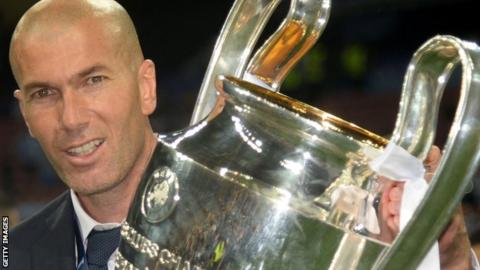
When Zinedine Zidane was
appointed Real Madrid manager in January, the Spanish giants were in disarray.
Rafa
Benitez's ill-fated reign had left Los Blancos trailing both Atletico
Madrid and Barcelona in La Liga, with points dropped in four of their
previous eight games and memories still fresh of a humiliating
4-0 home thrashing by Barca.
Now,
less than nine months later, not only are Zidane's Real the European
champions, they are also on the verge of breaking La Liga's all-time
record for consecutive victories.
Sunday's 2-0 triumph at Espanyol
was the 16th straight victory for Zidane's men, who ended last season
just one point behind champions Barca after winning their final 12
games. This season they have established early control of top spot with
maximum points from four games.
That winning streak is a Real
record and also equals the best winning sequence in Spain's top flight,
achieved by Pep Guardiola's all-conquering Barca in 2010-11.
And they have the chance to beat that on Wednesday with victory over Villarreal at the Bernabeu.
So, how has Zidane done it? Not in the way you might have expected.
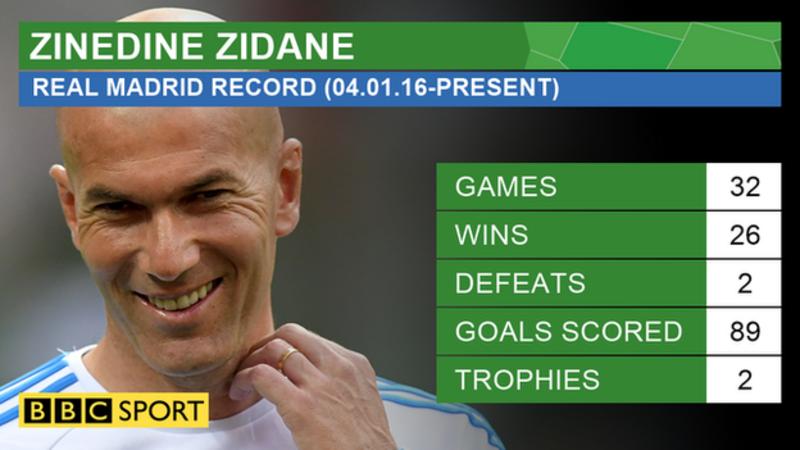
Cometh the hour, cometh... Casemiro
Saturday, 27 February 2016 was a major turning point in 44-year-old Zidane's early managerial career.
Real lost their derby at home to Atletico 1-0, jeered off by dissatisfied fans who felt the team had failed to progress since Benitez's exit.
Until
then, Zidane had shoe-horned as many attacking players into his
line-ups as possible in an attempt to fulfil his pledge to deliver the
kind of exciting, free-flowing football associated with his playing
days.
It wasn't working. The forwards were getting in each other's
way and the lack of defensive instincts in midfield was making the team
vulnerable, brutally exposed by the way Atletico strolled unchallenged
through the centre of the pitch for Antoine Griezmann's match-winner.
Zidane
knew something had to change - and that something was the introduction
of defensive midfielder Casemiro, the low-profile Brazilian who had
previously only played 23 minutes under his management.
Casemiro,
24, moved to the Bernabeu from Sao Paulo in February 2013, making his
debut under Jose Mourinho in a 3-1 home win over Real Betis two months
later.
But Carlo Ancelotti sent him on loan to Porto for the
season in the summer of 2014, then he was largely left on the bench by
Benitez and initially by Zidane, with both managers compromised by the
pressure to field more flamboyant, attacking talents.
However,
derby defeat forced Zidane to rethink, and Casemiro rapidly became
indispensable, with his powerful physique, tackling ability and
positional discipline giving the team a previously lacking defensive
presence in midfield.
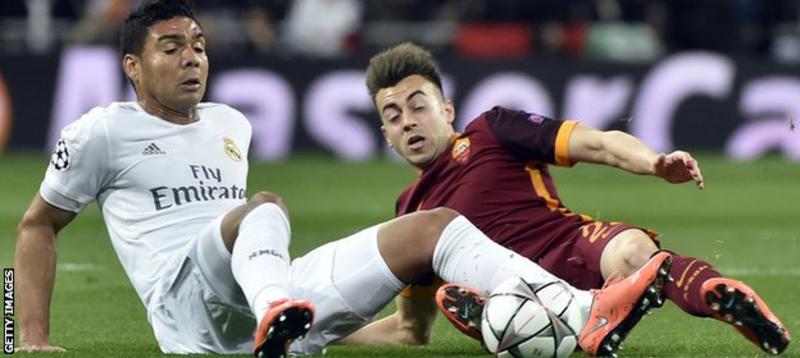
A new-found pragmatism - the team that never gives up
Real
began their winning streak with a 3-1 triumph at Levante, and were five
victories into it when the game that would prove to be their turning
point arrived: the Clasico at Barcelona on 2 April.
Barca were paying tribute to club legend
Johan Cruyff, who had died a week earlier, and they had every intention of marking his memory with another crushing victory over their biggest rivals.
Instead,
it proved to be a prototype performance from Zidane's new-look team,
who were undeterred by falling behind to Gerard Pique's header and
bounced back to win with goals from Karim Benzema and Cristiano Ronaldo.
There
was little flair in Real's victory, but the players obeyed Zidane's
command - delivered in the wake of the defeat by Atletico - to "run
more".
Notably, the French coach delivered the same message in the
build-up to the Champions League final against their city rivals in
May, urging: "What we have to do is run, run, run and run."
Forget
spectacular, attacking football inspired by megastar Galacticos, Zidane
was turning his team into a bunch of grafters committed to their
defensive duties and increasingly confident in their ability to grind
out wins even when not playing well.
Seven of Real's past 19
victories have been secured by goals in the last 10 minutes - most
recently the Champions League triumph over Sporting Lisbon which
prompted Marca to hail them as "Comeback FC" and state Zidane has
"recovered the virtue of never giving up".
Squad rotation 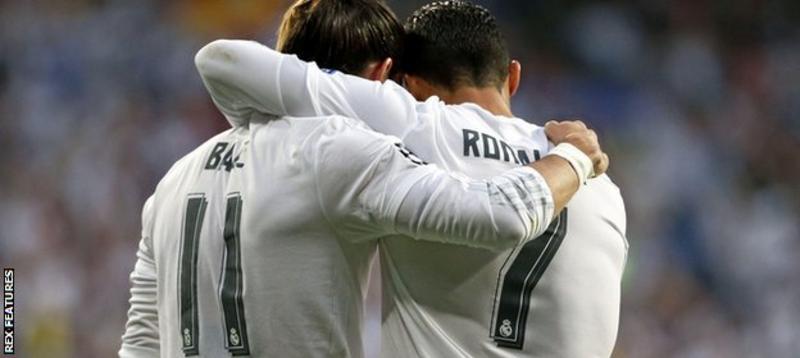
Although his strongest XI more or less picks itself, Zidane is
committed to a policy of squad rotation, regularly emphasising the
importance of a group mentality and insisting every player is important.
Every
manager says similar things but Zidane's talk is not just empty
rhetoric, with his commitment to rotation backed up by statistics.
He
has fielded 21 players in Real's four league games this season - and
only goalkeeper Kiko Casilla (deputising for Keylor Navas) and Sergio
Ramos have started all four.
Furthermore, Zidane has selected five
different forward lines in his team's six competitive games, and their
12 league goals have been scored by 11 different players. You can't get
much more 'group mentality' than that.
Spain's most famously
pro-Real journalist, Tomas Roncero from newspaper AS, this week saluted
Zidane by writing: "Zidane leads a squad of 24 players, not 11.
"This
squad doesn't just have a plan B, but also a plan C and plan D. I've
never seen a Madrid so complete, versatile, and reliable."
That tribute is also, naturally, an unspoken dig at Barcelona, who are routinely accused of being too reliant upon their
Messi-Suarez-Neymar forward line and, when the second-stringers started
at home to Alaves 10 days ago, lost 2-1.
Calm and assured man-management
Not
many managers could leave out a player for months, recall him to the
starting line-up, see him score a record-breaking goal and then hear
that player declare the manager "will always be my idol".
But
Zidane was given that endorsement by James Rodriguez after the Colombia
international, making his first start of the season, rifled home the
opener in Real's hard-earned
2-0 victory at Espanyol on Sunday.
And
it's clear that Zidane, a 1998 World Cup winner with France who became a
Real legend with a brilliant volley in the 2002 Champions League final
victory over Bayer Leverkusen, is benefitting from the credibility
provided by his stellar playing career.
Zidane commands automatic
respect - and his aura makes it easier for him to retain good
relationships with players he leaves out of the team.
So, too,
does his constant reassertion of the team ethic and his commitment to
squad rotation - it's much easier for dropped players to stay motivated
when they know they have a genuine chance of starting next week.
Considering
his penchant for petulance during his playing days, it is perhaps
surprising that another quality which has helped Zidane manage Real's
egos is his calm and composed personality.
Whether on the
sidelines, in front of the media or at the training ground, Zidane looks
relaxed and always ready to smile, even maintaining his good-humoured
patience when asked, as he has been countless times this summer, whether
he was intending to sell James.
Lady Luck 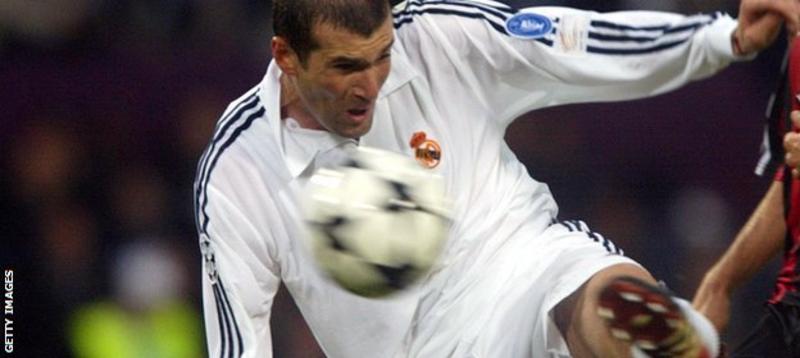
If you ask Barcelona fans whether Zidane is a great manager, they will scoff and say he is a lucky manager.
When
asked on social media for his hopes from the Champions League, Barca
star Pique ironically replied he would like the kind of campaign enjoyed
by Real last season.
"Easy group. Third-placed team in Italy in
the last 16 [Roma], eighth in Germany in the quarters [Wolfsburg],
fourth in England in the semis [Man City]. Return leg always at home,"
Pique tweeted.
And it's true that Real -
with all those late winners
- have enjoyed some fortune during their record-breaking run, most
recently when Sergio Ramos avoided a second yellow card for handball at
Espanyol on Sunday by successfully pretending the ball hit his face.
Although
the "lucky" argument only takes you so far, it's certainly too soon to
proclaim Zidane as an unqualified coaching triumph. The season is young
and it's never wise to bank on too much stability in the soap opera that
is Real Madrid.
Nevertheless, a Champions League title and 16
straight league wins cannot be discounted lightly - and victory over
Villarreal would be another step forward in Zidane's coaching career,
which is so far threatening to be every bit as successful as his playing
career.
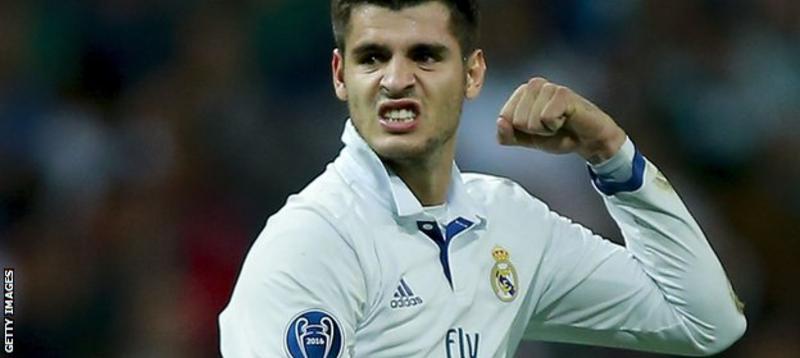
Late goals from Cristiano Ronaldo and Alvaro Morata helped the defending
Champions League champions survive an early scare by beating Sporting
Lisbon 2-1
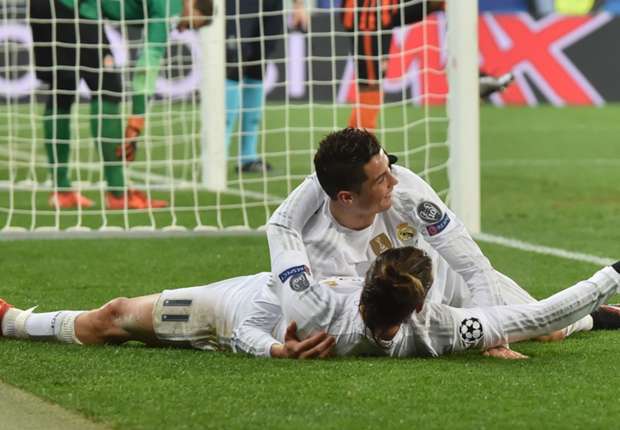
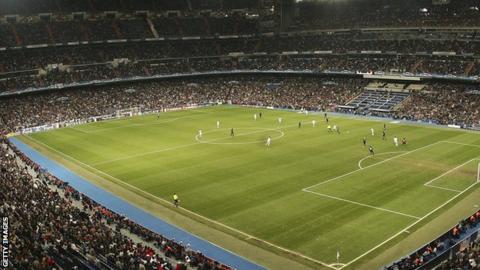
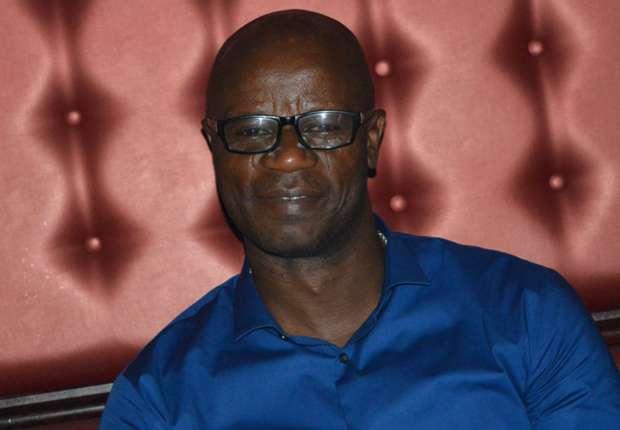
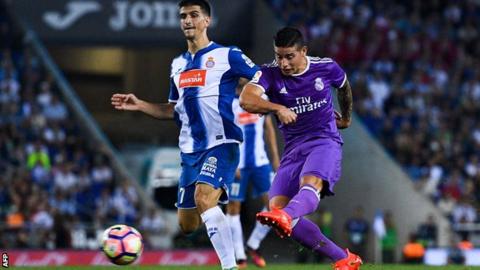




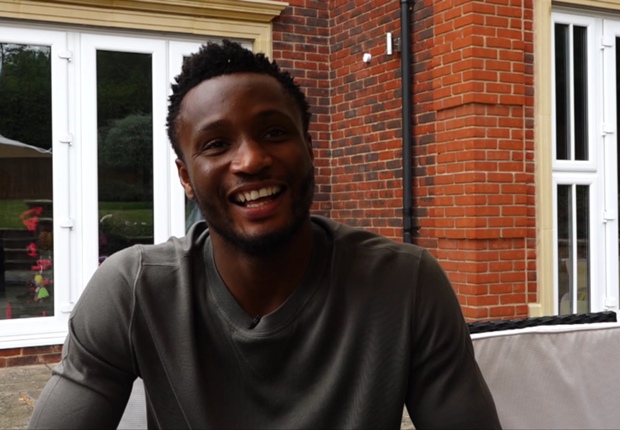
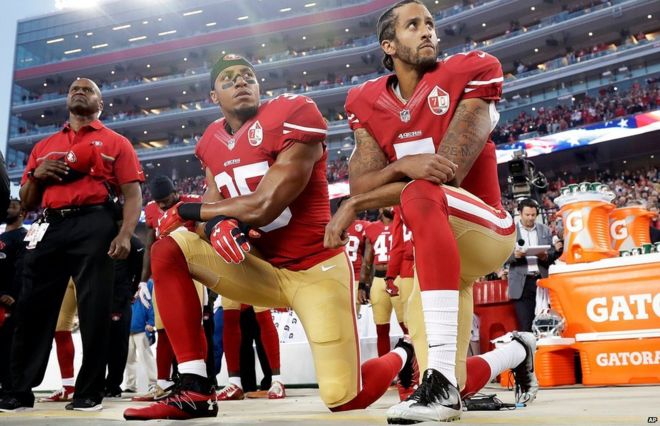
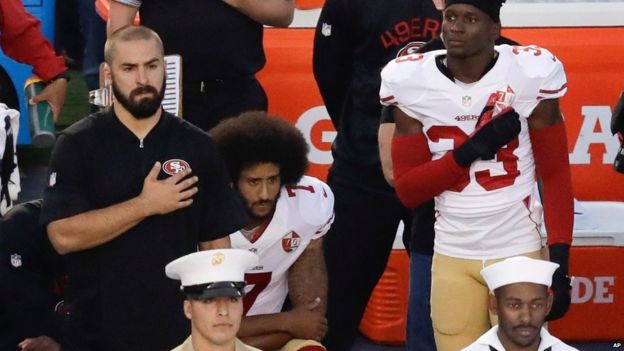
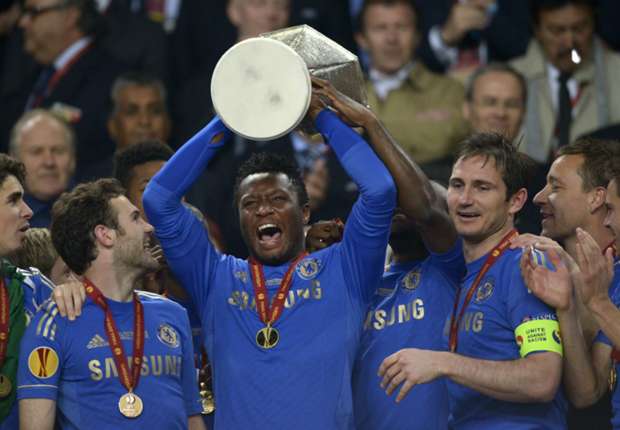
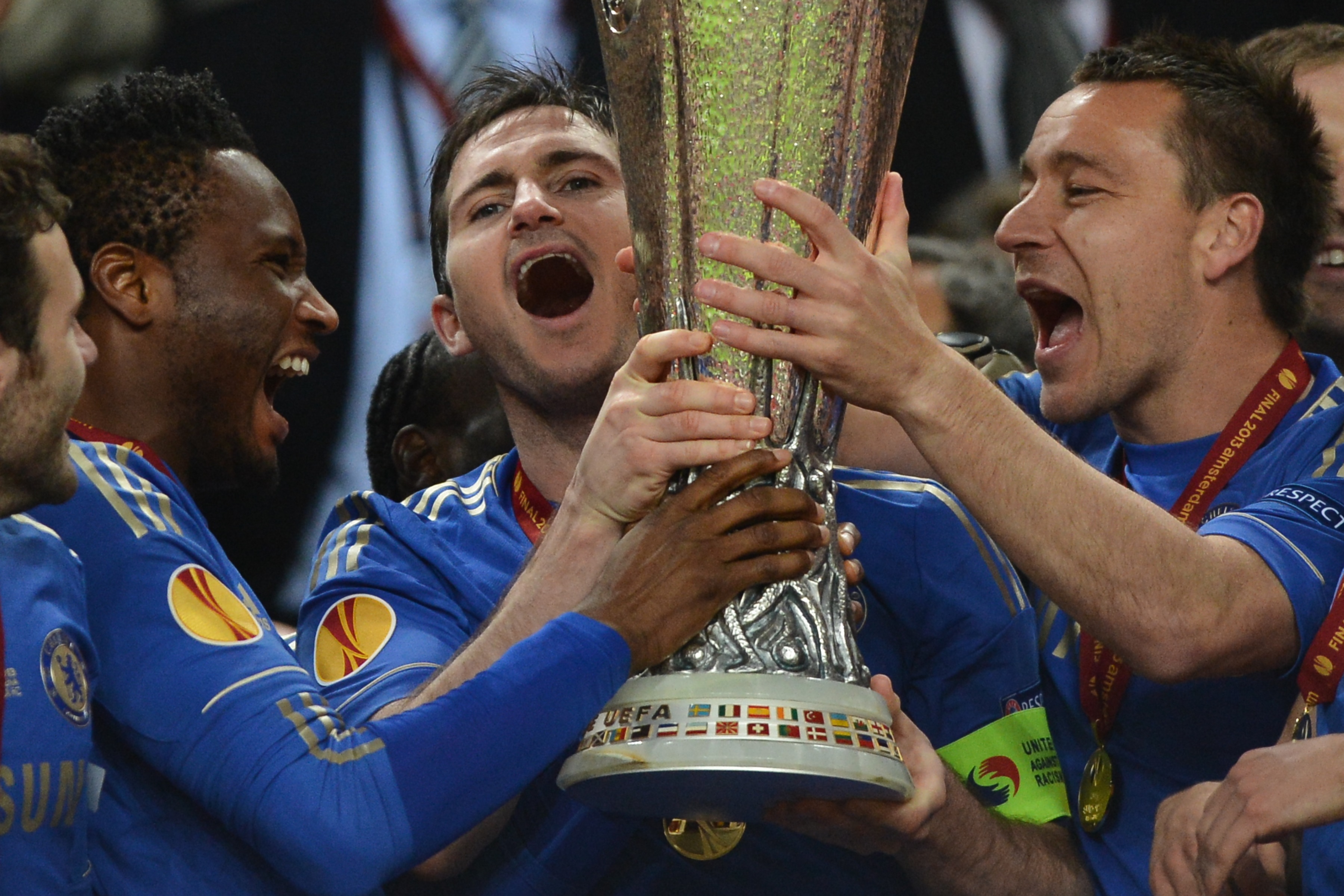
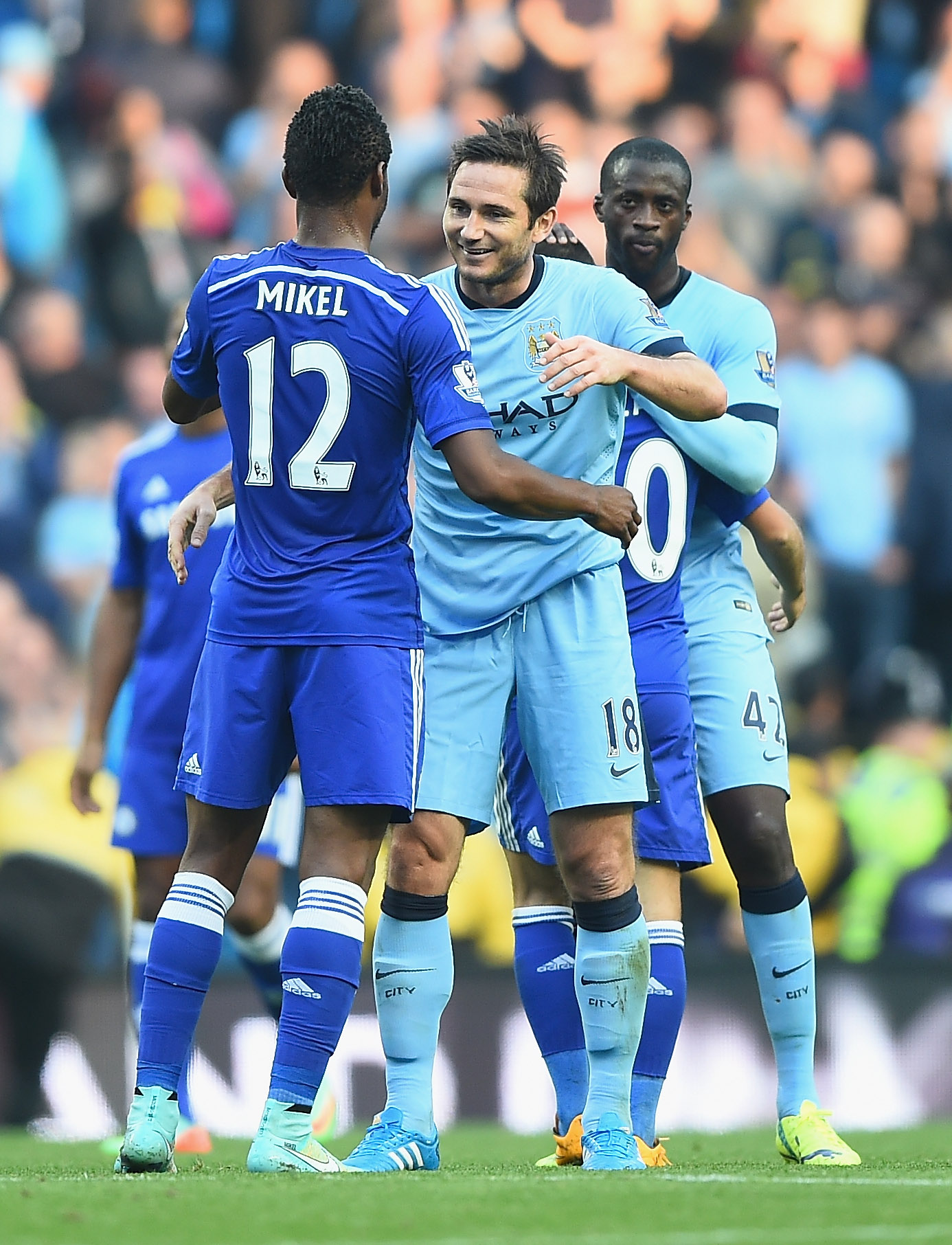






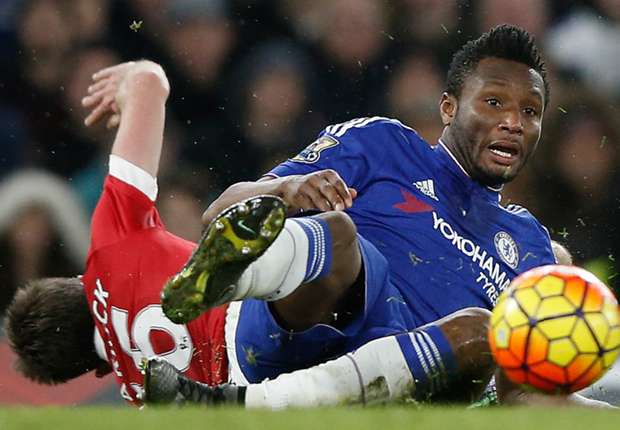
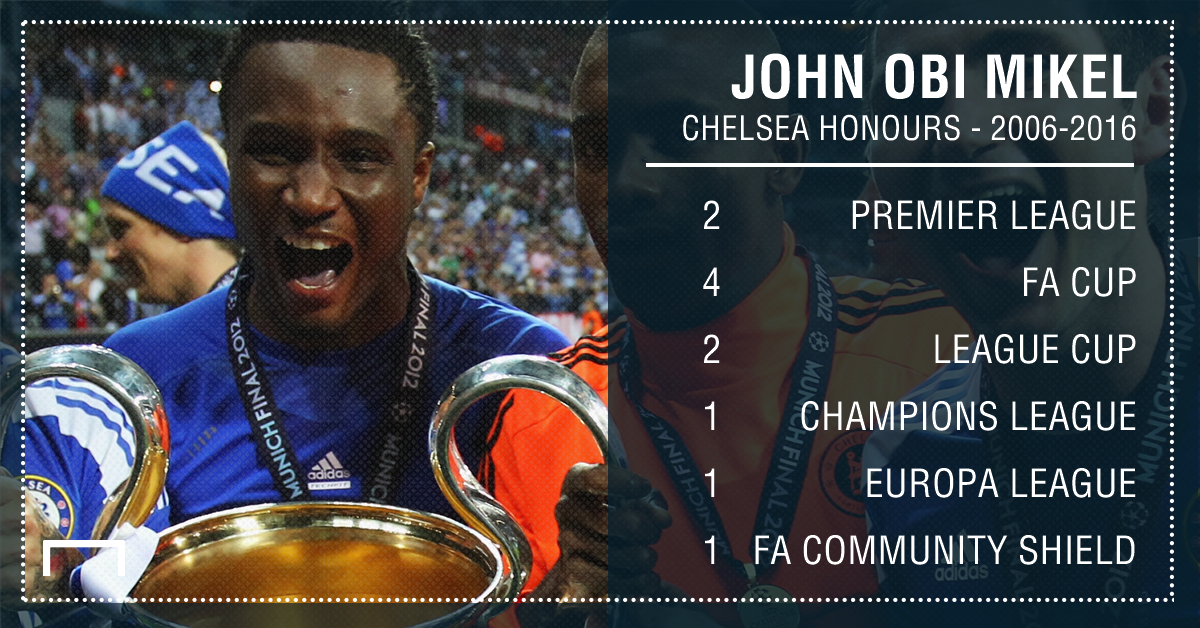
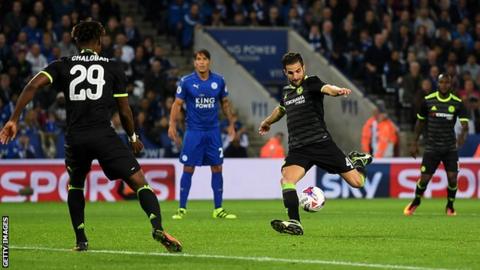
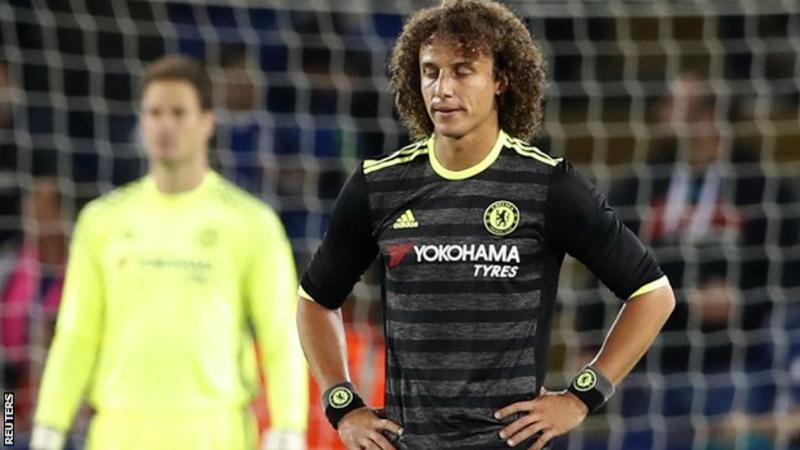
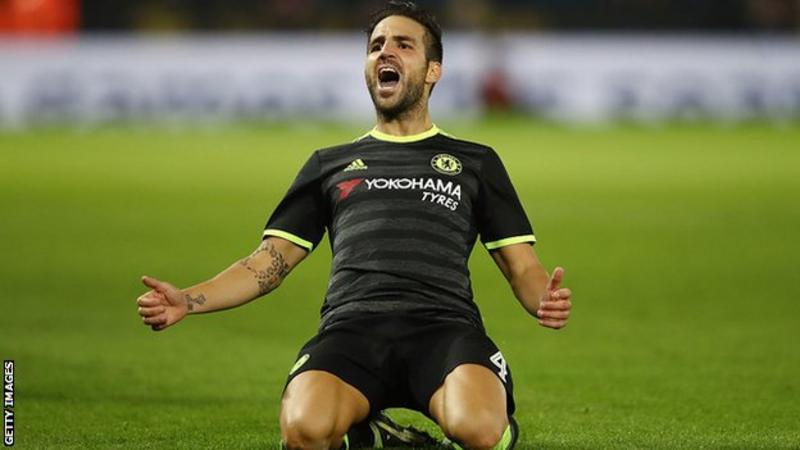
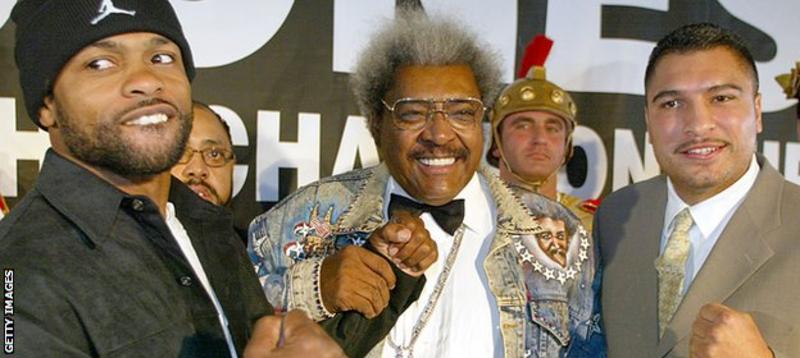
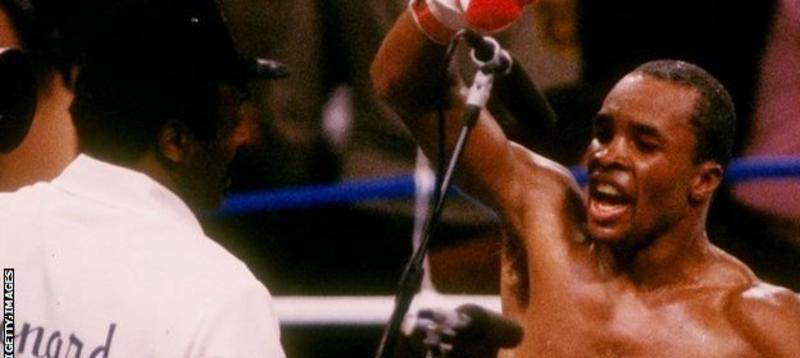
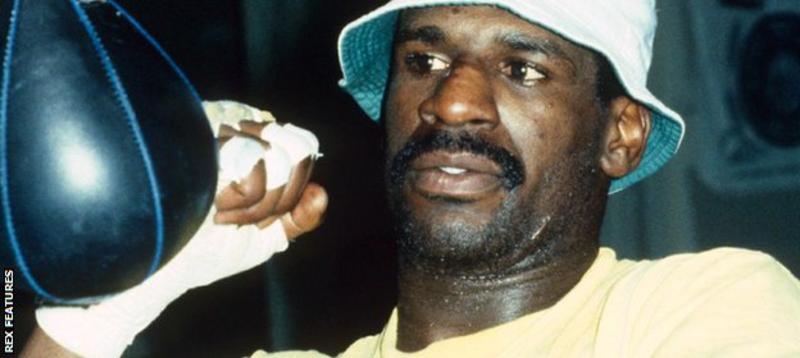
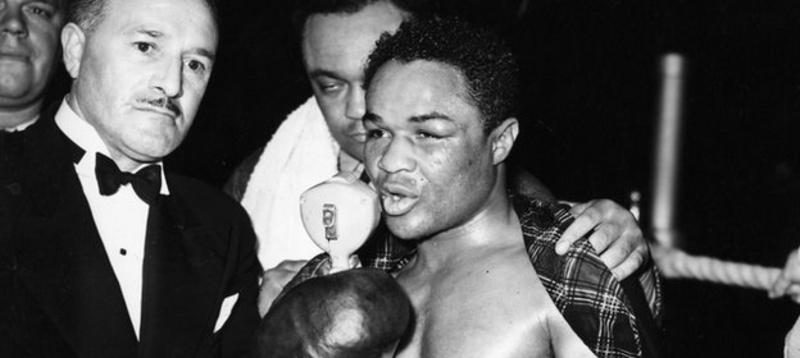
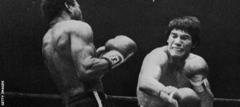

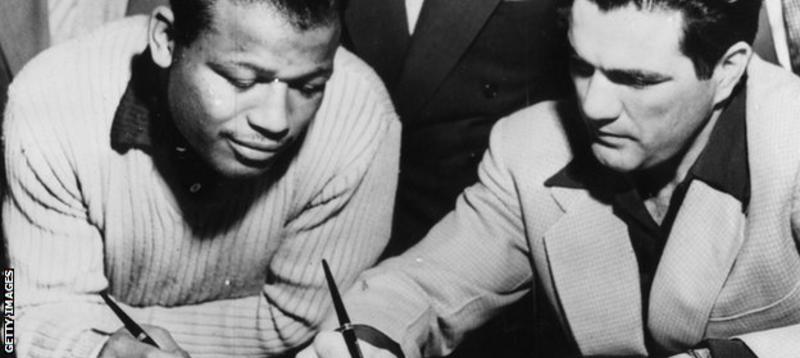
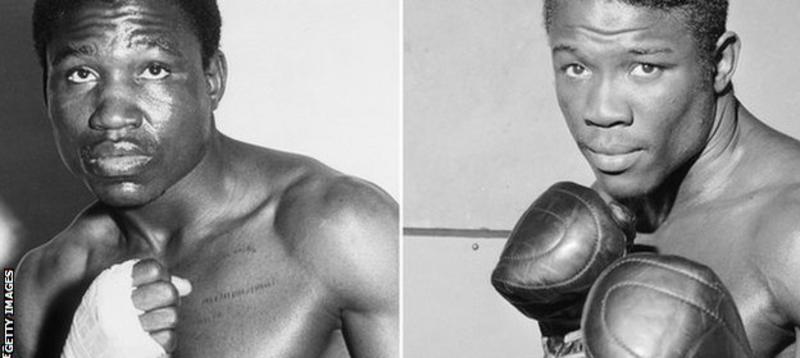
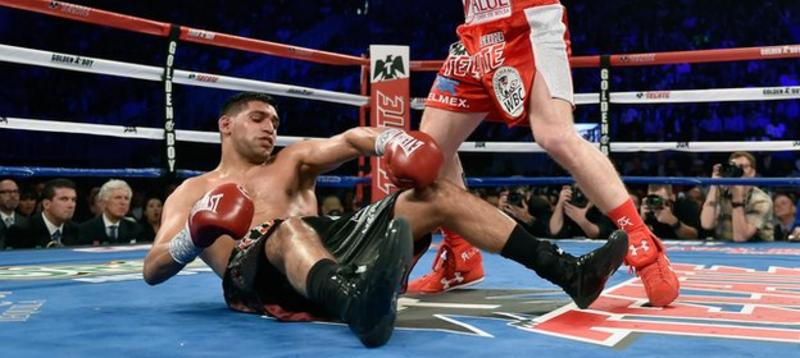


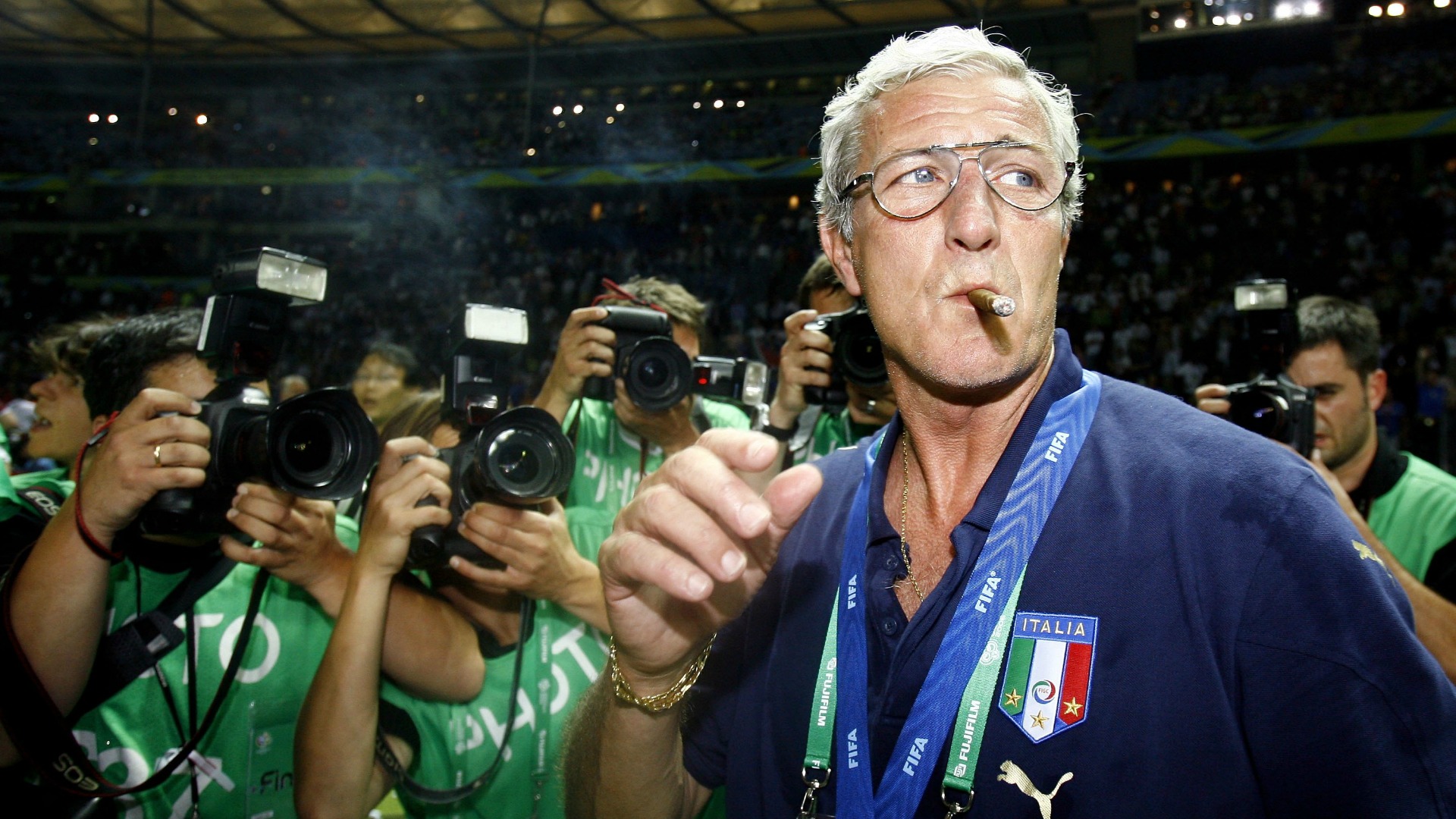
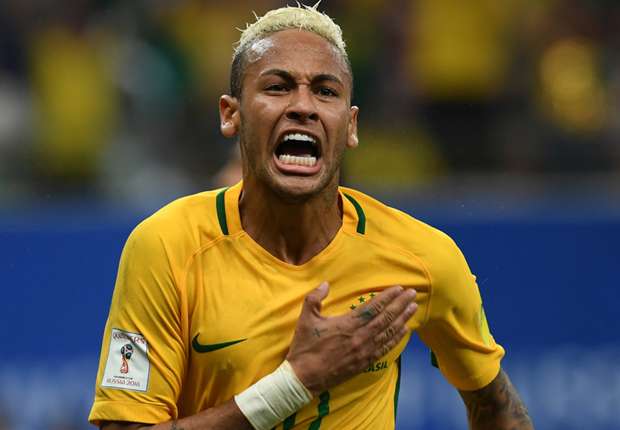



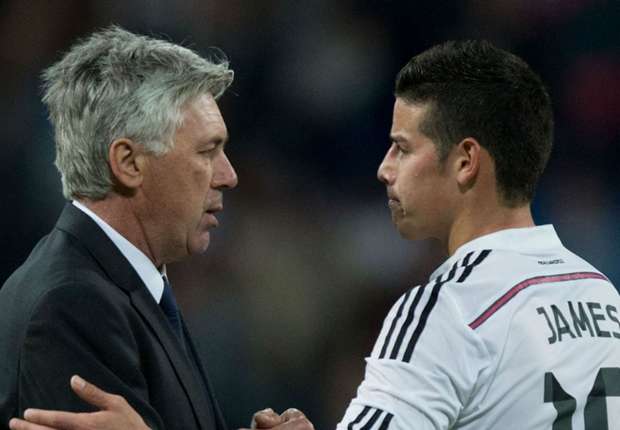
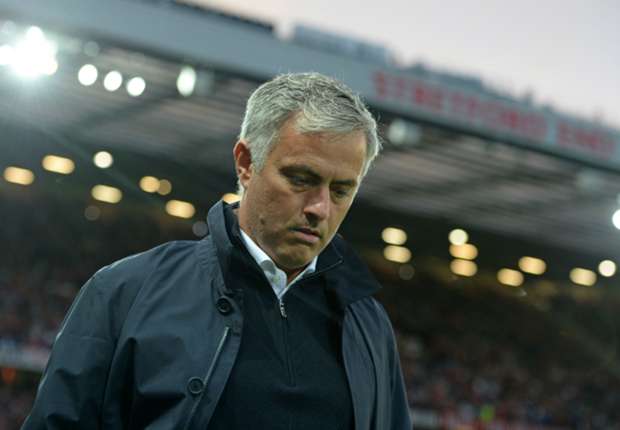
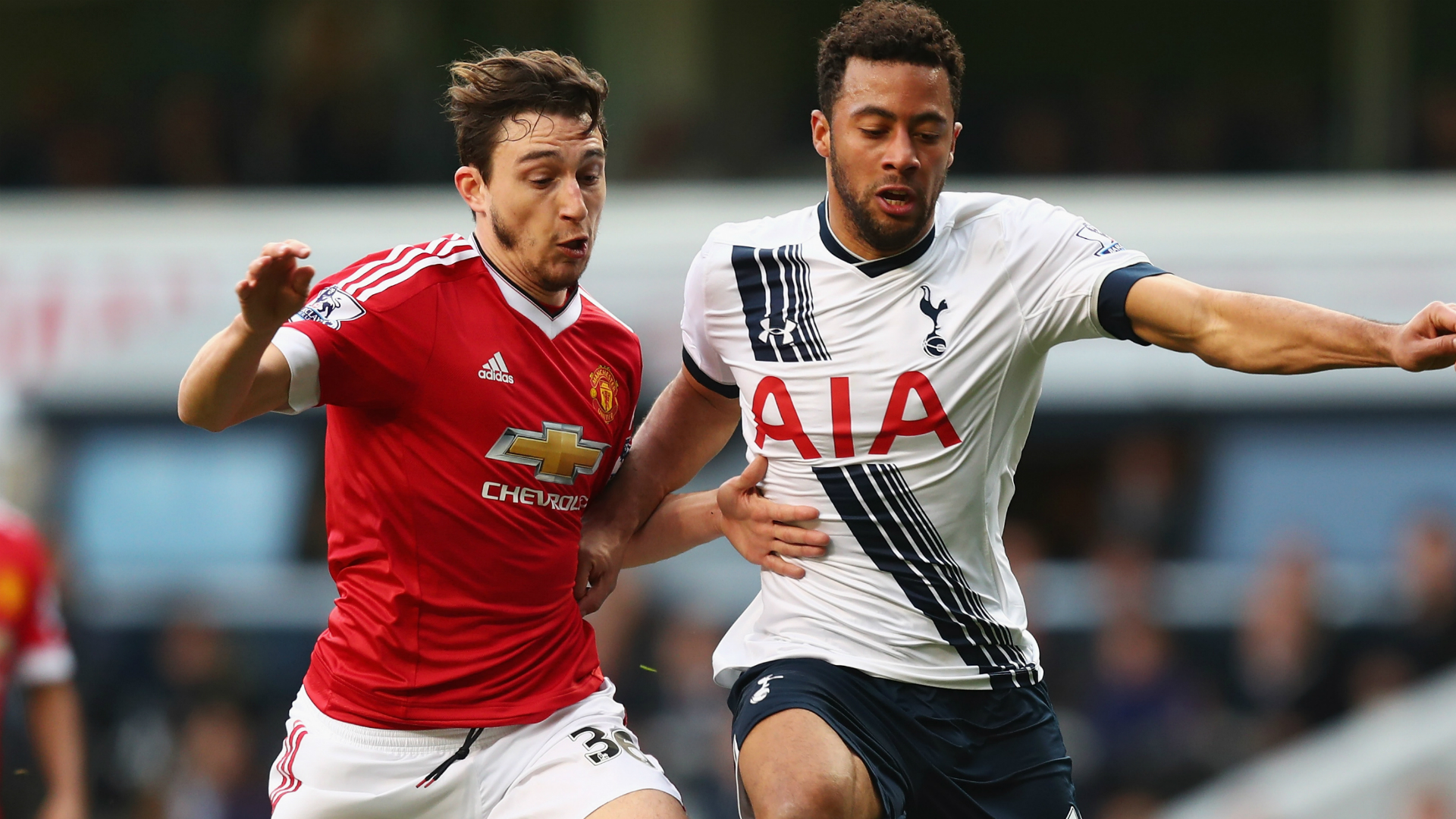


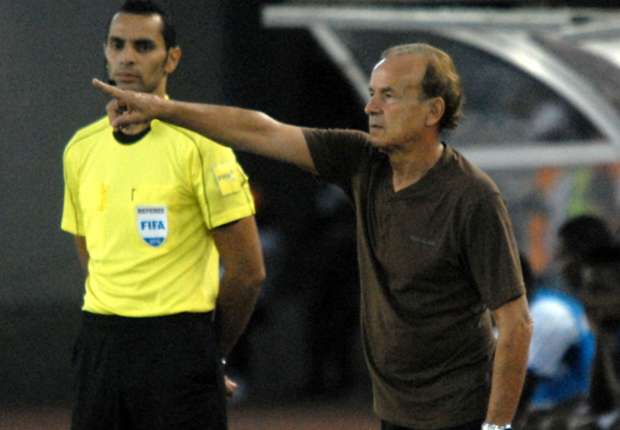
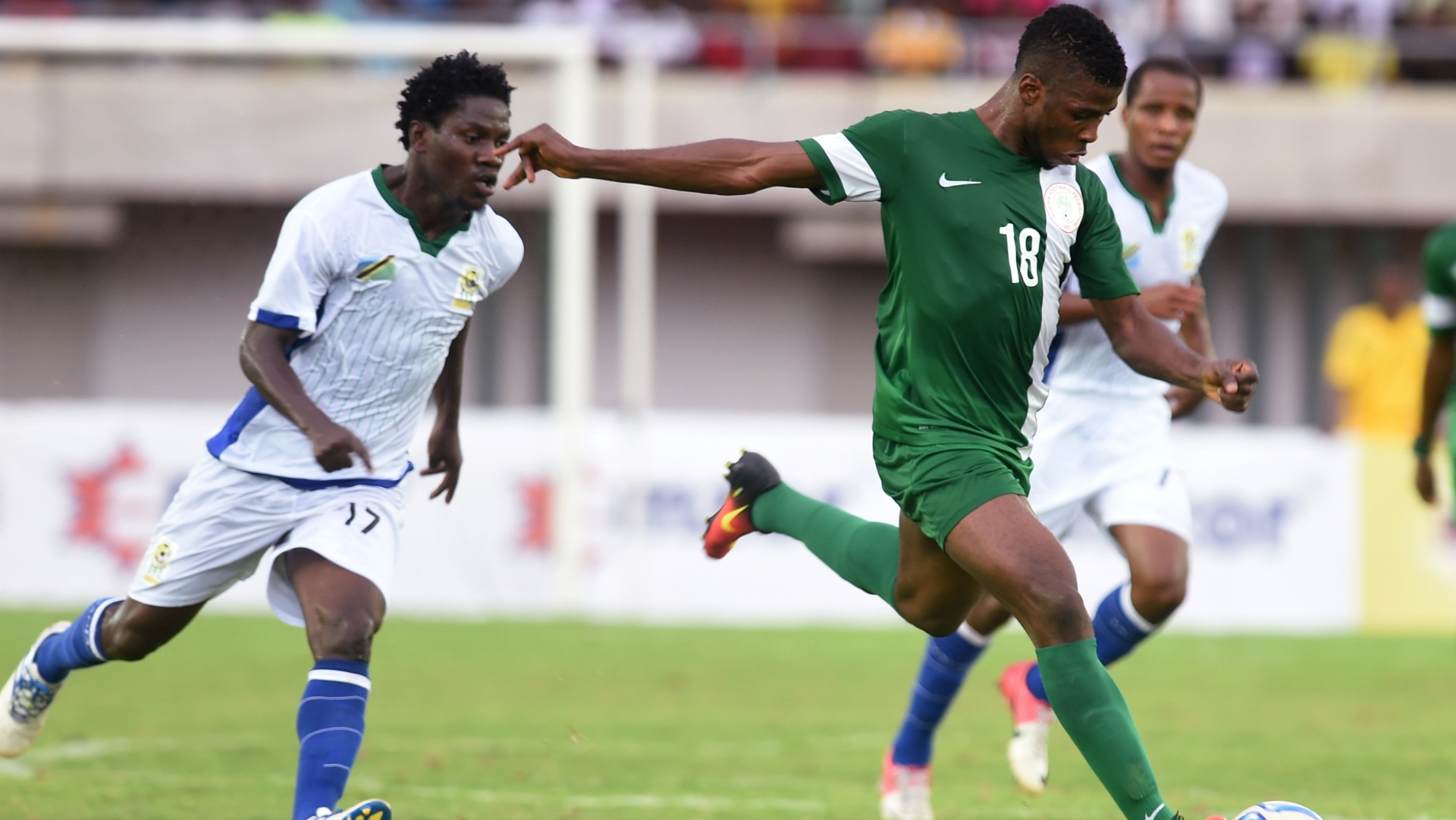
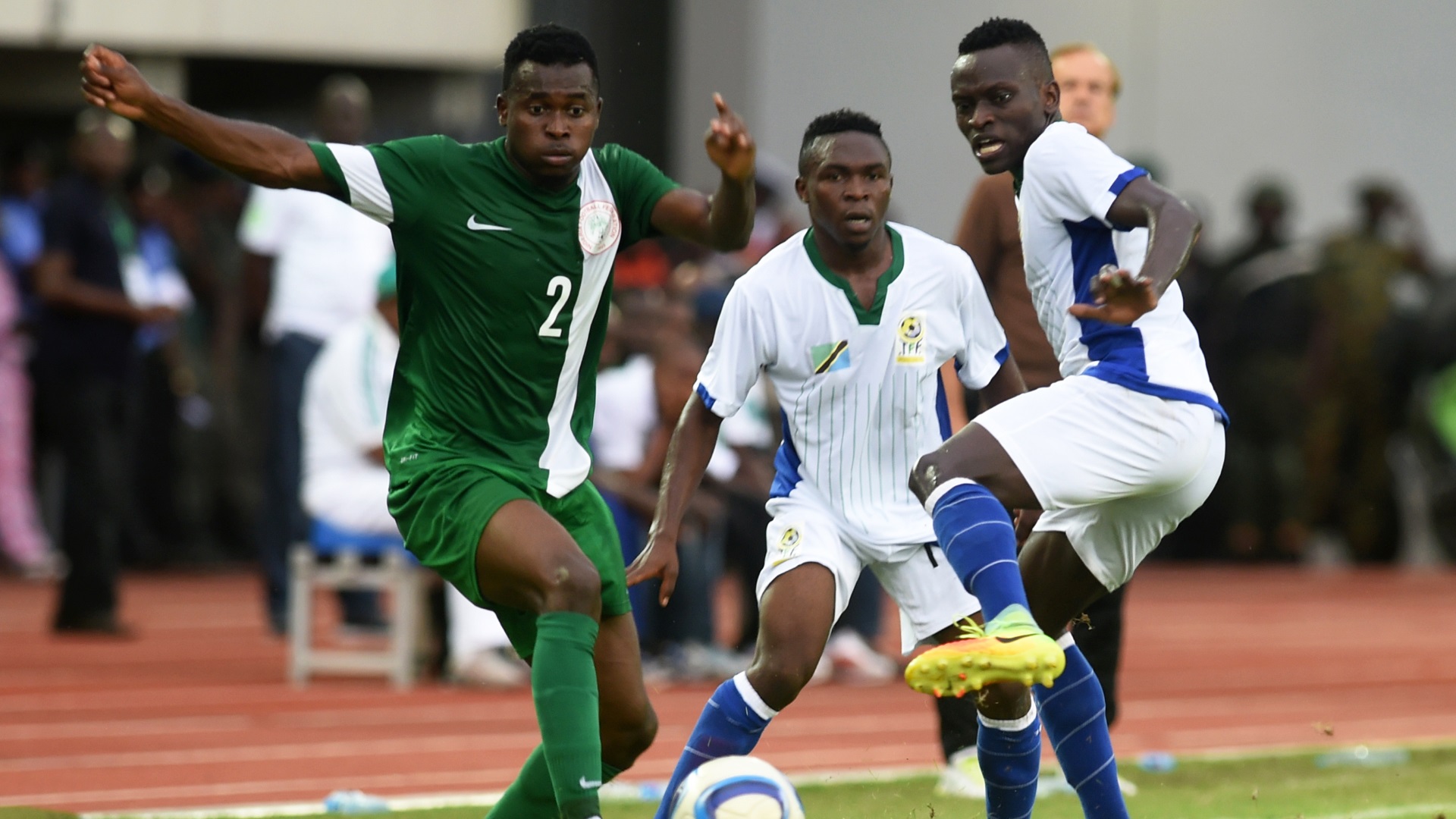
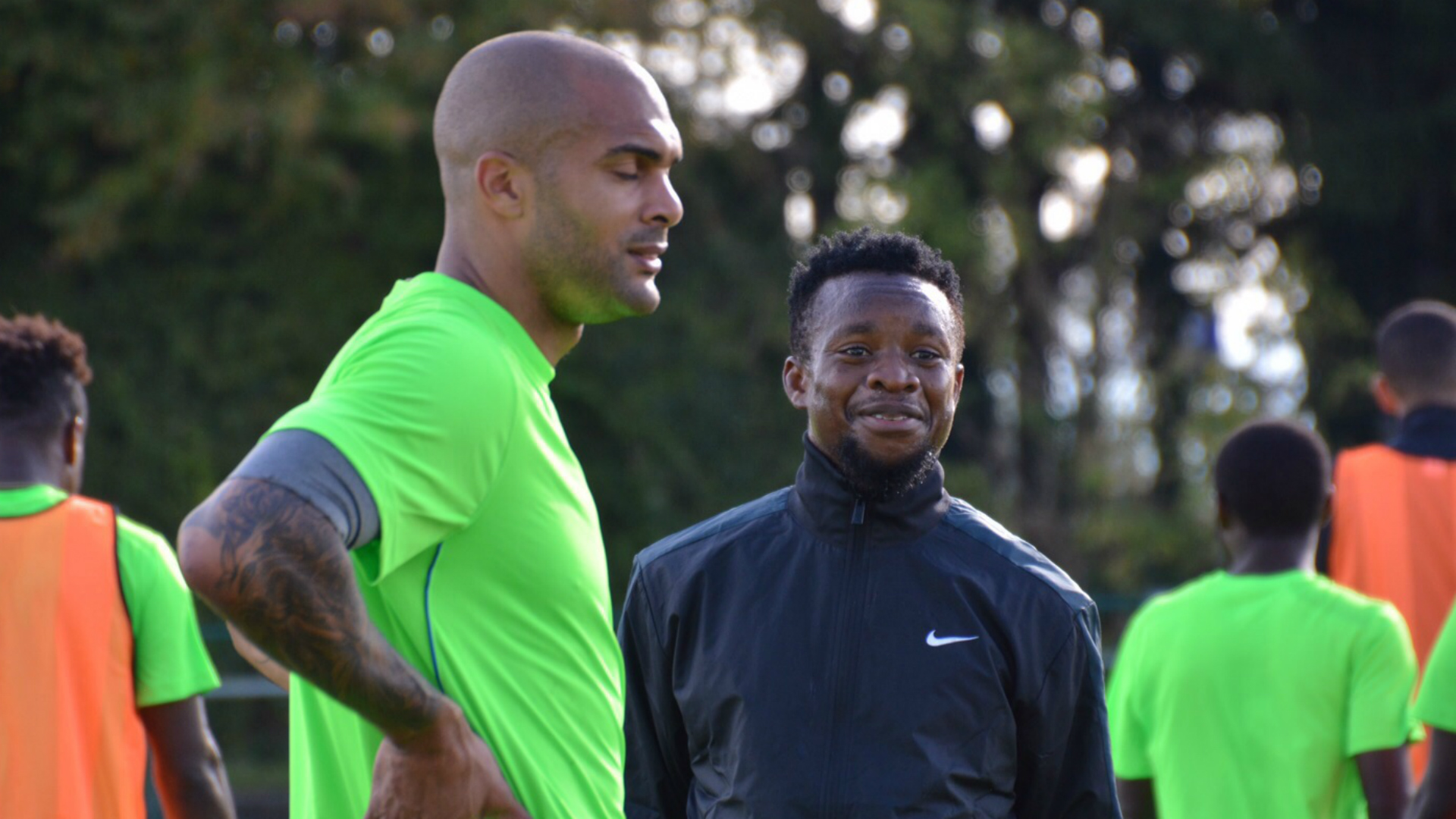
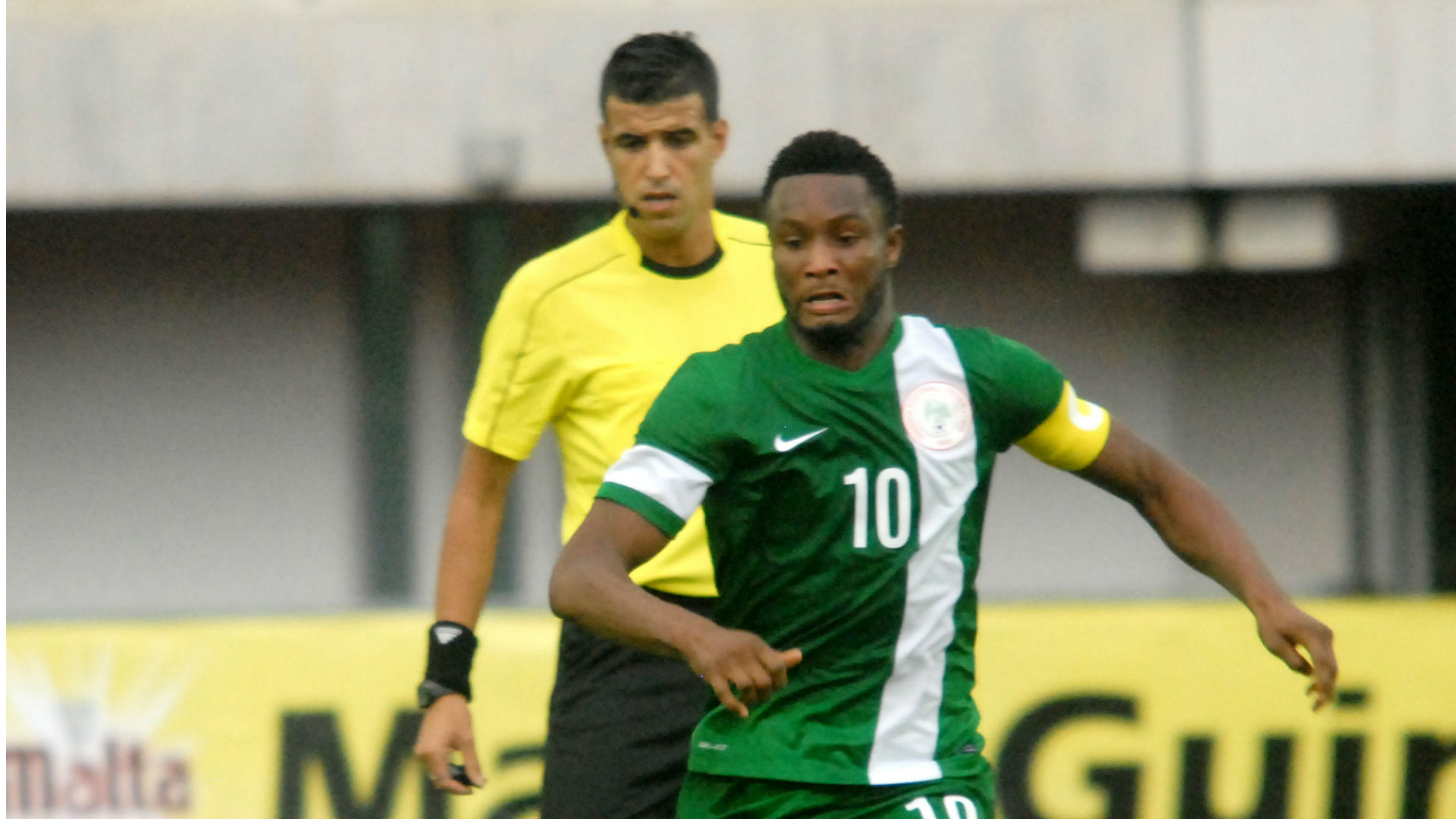



Seyi Ojo of Liverpool FC and Shola Ameobi of Newcastle are other players ofNigeria descent who if captured can provide the much needed competition in Eagles.Before we conclude, we must not forget Isaac Success who though a sharpstriker, has featured for Granada FC from the left side of the attack.
Victor Moses (Chelsea FC England). Moses Simon (Genk FC Belgium). Isaac Success(Watford FC England).
With this array of players and the Technical know- how of ROHR who I wouldhave preferred he worked with Samson SIASIA(Under 23 coach) and Emmanuel AMUNIKE(Under 20 coach) as his assistants to save cost and to further prepare thiscoaches for Super Eagles job in the future.
No matter how you look at it, it will be verydifficult for Yusuf and Amama to manage super Eagles as they may not commandthe necessary respect from the legion of foreign based Nigerian players. If wecannot get coaches that can learn from ROHR, what and what would we Posted byPeter Petonat04:37